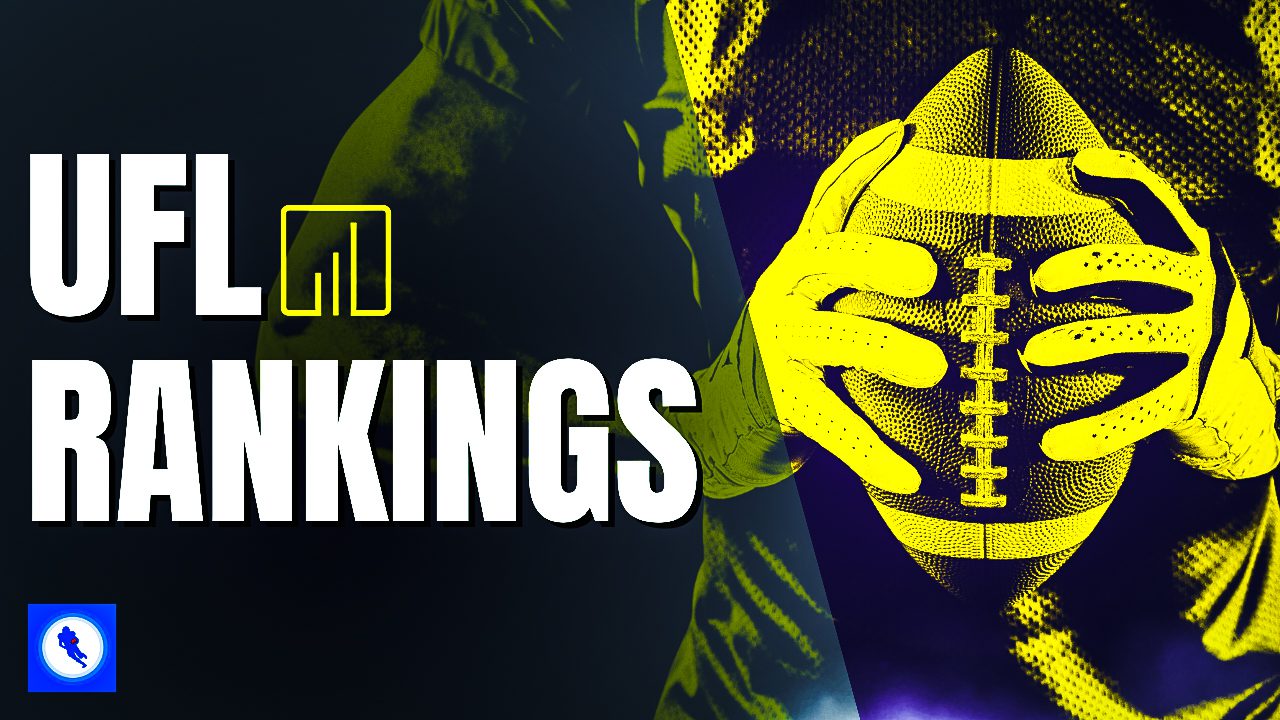Three Players Who Should Carry Over Their 2014 Success
Is that guy on waivers a flash in the pan or the final piece you need to win your league? In this weekly column, we will examine underlying numbers in order to determine whether a given player is the real deal at his current pace - positive or negative - or if he is an imposter due for a significant regression (either way). With that said, 2-3 games worth of data is hardly a sufficient sample to do this (Adrian Gonzales will not hit over 200 HR), so this first article will look at three players that many are convinced will regress from their 2014 numbers.
Spoiler alert: all three should be able to sustain their recent performance, for reasons that can (and should) be applied to other players throughout this season.
Danny Duffy, SP, KC
Many are leery of Duffy's sterling 2.53 ERA last season due to his significantly higher Fielding Independent Pitching (FIP) of 3.83. In general, FIP factors out luck - most notably hits on balls in play - to determine a pitcher's true skill level. Duffy's .239 BABIP (Batting Average on Balls In Play) was exceptionally low last year. While Duffy's true skill level may be less than last year's performance, there are reasons to expect that he will be able to outperform it again.
Duffy is an extreme flyball pitcher - 46% of batted balls against him were in the air last year - which gives him a BABIP advantage in that flyballs generally record the lowest BABIPs of any batted ball type. The downside is an increased risk of HR leaving the yard on all of those flies, but Duffy has Kauffman Stadium to keep many of them within the bounds of play. His 6.1% HR/FB rate last season was favorable, but the ballpark should help keep it that way.
Since the flies will stay in play, Duffy will trust his defense to convert those flies into outs - and the unit behind him is worthy of trust. Alex Gordon's LF defense makes him a sabermetric darling, recording an insanely strong 27 DRS (Defensive Runs Saved) in 2014. Centerfielder Lorenzo Cain's 24 DRS was nearly as good. Newcomer Alex Rios may seem like a risk to let Duffy down with a -3 DRS last season, but that actually represents an improvement from Nori Aoki's -8 DRS a year ago. The unit is strongest when Jarrod Dyson fills the last OF slot (14 DRS in limited playing time), and there are whispers that he may do so more often in 2015. The fact that nearly all of Duffy's flies found leather last season is not the result of unsustainable luck but the natural result of these outfielders doing what they do, making it likely to repeat.
Duffy's below average line drive rate rate (18.1% a year ago) will likely normalize to a league average 21% mark this year, but the outfield should help mitigate the damage. Duffy's ERA is due for a slight uptick to the low three range, which is still good enough to be a fantasy asset in the category. If you can stream him in only favorable venues, the value he provides should be even greater than that. BABIP for pitchers can be repeatable if the defense behind him is good enough.
Also applies to: Any KC flyball pitcher, pitchers for PIT and TB (whose frequent shifts give them an edge), and anyone lucky enough to call Andrelton Simmons a teammate.
Ben Revere, OF, PHI
Contrary to popular belief, the Phillies are still a major league team. They do not have many MLB caliber players, but Revere is one. His 49 SB last season approached Billy Hamilton's 56 mark, with Revere posting a much better success rate (8 CS to 23). While Revere is a good base thief willing to hit the ball on the ground (64.7% GB rate in 2014) to reach first and swipe second, he is not usually mentioned in the same breath as Hamilton. Yet he arguably outperformed him last year and should do so again this year. Why? The division he plays in.
The NL East also includes the Braves, Nationals, Marlins, and Mets - teams the Phillies will play 19 times each due to the unbalanced schedule in 2015. This is extremely favorable for a base stealer like Revere, as two of those teams employ the worst catchers (minimum 900 innings caught) by CS%: Miami's Jarrod Saltalamacchia and New York's Travis d'Arnaud, each of whom managed to throw out only 19% of would be base thieves in 2014. Salty led the majors in SB allowed, implying that teams were more willing to run on him due to his difficulties in controlling the running game. d'Arnaud should expect similar treatment in 2015. Revere gets 38 games to pad his speed totals against this pair, and there is no reason he should not run wild. Daily leaguers should note that both teams have backups that can shut down an opponent's legs, Jeff Matthis (33% CS) and Anthony Recker (37% CS). Still, the NL East is likely to produce a SB champion this year.
Also applies to: Whoever sees more playing time out of Eric Young Jr. and Cameron Maybin in Atlanta's OF, Denard Span when he comes off of the DL.
R.A. Dickey, SP, TOR
Who wouldn't want to root for a knuckleballer? Like Duffy, Dickey's 3.71 ERA last season was not supported by his 4.32 FIP, leading many to predict regression. Toronto's defense is not stellar, but Dickey has another factor in his favor. When Voros McCracken initially proposed that pitchers have no control over what happens after a ball is put into play, everyone tried to disprove his radical theory, including Bill James. They failed to do this, hence why FIP exists, but they did discover that "there was a slight tendency for knuckleballers to control hits per balls in play" (p. 239, Moneyball). Dickey is the exception to the rule of FIP by virtue of the mercurial pitch he throws.
In 2013, Dickey's ERA (4.21) was better than his FIP (4.58). In his Cy Young 2012, the ERA (2.73) again surpassed the FIP (3.27). There is a clear trend here. This trend goes beyond Dickey. Tim Wakefield surpassed 200 innings five times in his career, producing the following ERA and FIP numbers:
| SEASON | ERA | FIP |
| 1996 | 5.14 | 5.63 |
| 1997 | 4.25 | 4.69 |
| 1998 | 4.58 | 4.88 |
| 2003 | 4.09 | 4.07 |
| 2005 | 4.15 | 4.75 |
The only time FIP is lower than ERA is 2003, and it is only by two hundredths of a run and goes away if expected FIP (xFIP) is used (4.31). Wakefield clearly supports the trend. So does everyone's favorite Hall of Fame knuckleballer, Phil Niekro. In 21 full seasons, Niekro's ERA was higher than his FIP all of four times, with the fourth being his final season ugly by any metric.
Some predict Dickey will regress due to age, but knuckleballers are the only commodity in baseball that could routinely last well into their 40s before steroids provided "help." Consider the example of Hall of Famer Ted Lyons, who posted back-to-back career high strikeout rates in his age 38 and 39 seasons throwing the knuckleball. Unless you think Lyons had modern steroids in 1939 or 1940, Dickey can pitch indefinitely. Dickey is also Tommy John proof, as he has no UCL in his pitching elbow and therefore is biologically incapable of tearing it.
Ultimately, Dickey's value is determined by league format. If IP are inherently valuable, Dickey could be among the best pitchers in the format. All of the innings allow him to compile Ks and Ws even if IP are not worth anything. If an innings cap is in place, Dickey's mediocre rate stats are less appealing, but there is no reason he can't repeat last year, or even 2012 in a pitcher's park. Don't discount Dickey because of FIP or age, as the knuckleball trumps both.
Also applies to: Steven Wright, BOS
Not only can these three players repeat last year despite naysayers, the reasons behind their continued success can be applied to others throughout the campaign.
 RADIO
RADIO

























